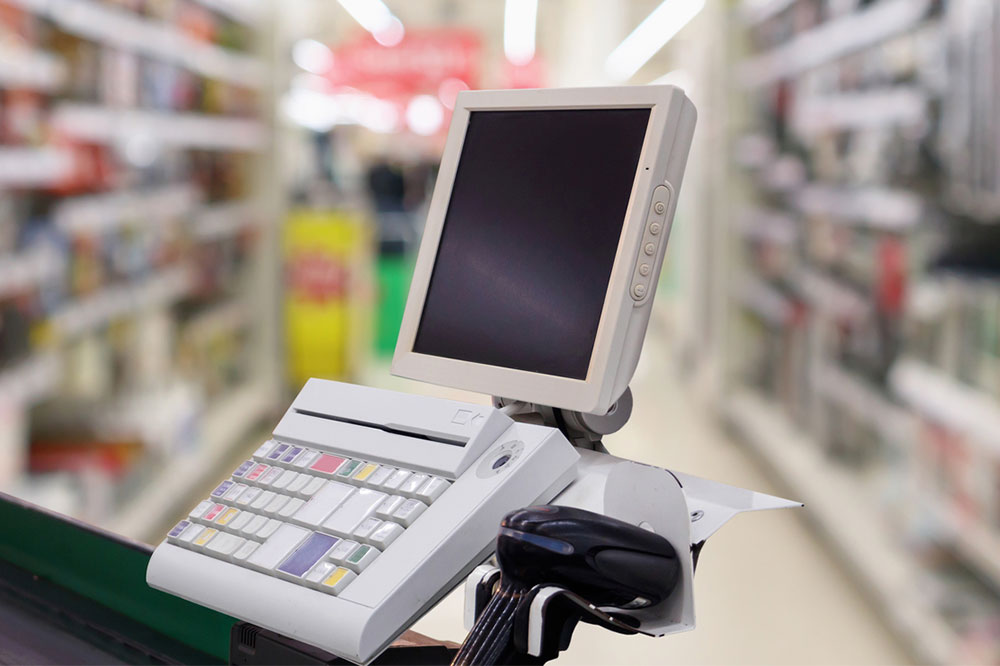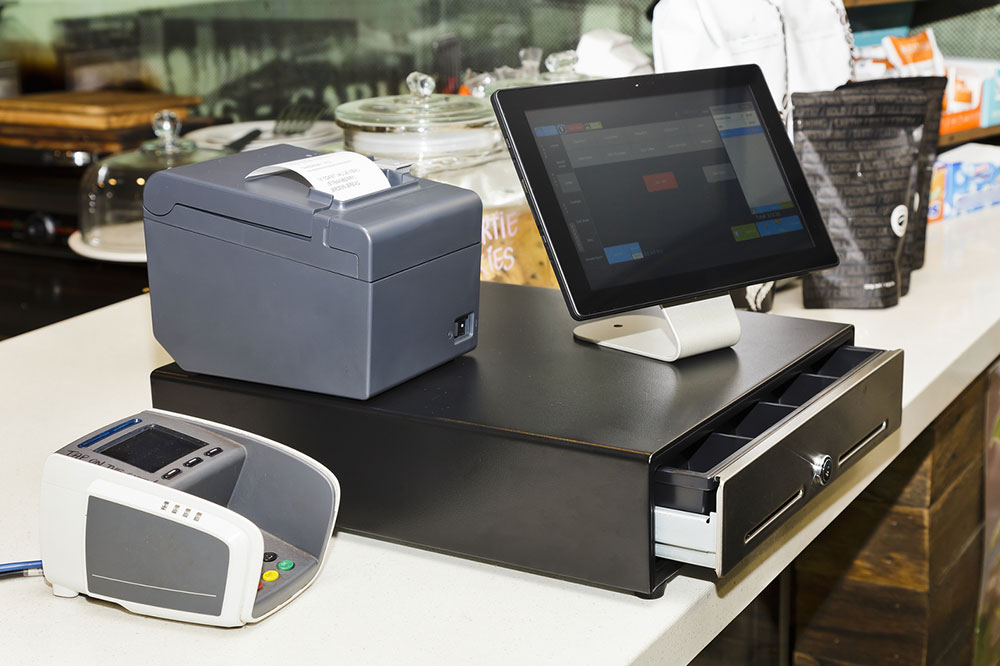Comprehensive Guide to Selecting the Best POS System for Small Businesses
Choosing the right POS system is crucial for small businesses aiming for seamless transactions and insightful data management. This detailed guide covers key factors like security, scalability, and cost, helping entrepreneurs make informed decisions to support growth and improve customer experience while ensuring compliance with industry standards.

How to Choose the Perfect POS Solution for Your Small Business Growth
Starting a small business is an exciting venture, but it also involves numerous critical steps to ensure smooth operations and sustainable growth. Among these steps, managing sales transactions efficiently and securely stands out as one of the most vital. An effective Point of Sale (POS) system not only streamlines the checkout process but also provides essential business insights that can help owners make informed decisions. Selecting the right POS system tailored to your specific needs can significantly enhance your operational efficiency and customer satisfaction.
In this comprehensive guide, we will explore the importance of choosing a suitable POS solution, what features to prioritize, and how to evaluate different options to find the best fit for your small business. From software considerations to security features, understanding these aspects will empower you to make a well-informed investment that supports your business growth.
Why a POS System is Critical for Small Business Success
If you’re a small business owner considering whether to invest in a POS system, understanding its significance is essential. Accepting diverse payment methods, especially credit and debit cards, is now standard. A reliable POS system ensures that every transaction is processed accurately, recorded securely, and compliant with industry standards.
Beyond transaction processing, a POS system offers a treasure trove of data that can help you analyze your sales patterns, inventory levels, and customer preferences. These insights enable you to optimize inventory management, plan marketing strategies, and ultimately increase profitability. Furthermore, in an era where cashless transactions are rapidly becoming the norm, a POS system enhances your credibility and provides your customers with a seamless checkout experience.
Key Factors to Consider When Selecting a POS System
Choosing the right POS solution for your small business involves careful evaluation of several critical aspects. Each business has unique needs based on its size, industry, growth plans, and operational complexity. Here are some crucial factors to guide your decision-making process:
PCI Compliance: Ensure that the POS software and hardware meet PCI Data Security Standards (PCI DSS). This compliance is mandatory if you intend to process credit card payments, as it guarantees that your payment system adheres to industry security protocols, safeguarding customer data against breaches.
Business Compatibility and Scalability: Assess whether the system suits your current business size and whether it can scale up as your business grows. For example, a boutique may need a simple, user-friendly system, while a restaurant might require advanced inventory and table management features.
Integration with Existing Technologies: Compatibility with your existing hardware, accounting software, and e-commerce platforms is vital. Ensure that the POS system integrates smoothly to streamline operations and reduce manual data entry errors.
Regular Software Updates and Maintenance: Choose a provider that offers regular updates to address security vulnerabilities and improve functionalities. Clarify maintenance routines, including antivirus and malware protection, to keep your system secure.
Cost Considerations: Be aware of all costs beyond the initial purchase. This includes processing fees, monthly subscription charges, hardware maintenance, and any additional transaction fees. Pricing transparency will help you budget effectively.
Security Features: Advanced security measures, such as end-to-end encryption, are critical to protect sensitive customer payment data. Encryption prevents fraud and hacking attempts, reduces liability, and often eliminates ongoing encryption costs.
Mobility and Flexibility: For businesses that need to serve customers on-the-go or in multiple locations, mobile POS solutions that support tablets or smartphones can be highly advantageous. Ensure the system offers reliable wireless connectivity and easy mobility.
User-Friendliness and Training: The interface should be intuitive to minimize employee training time and reduce errors during transactions. Efficient setup and user support are important considerations.
Ultimately, the right POS system should align with your business goals, operational needs, and budget constraints. Conduct thorough research, read reviews, and even request demonstrations before making your final choice. Remember, a well-chosen POS can streamline your operations, improve customer experience, and provide valuable insights for growth.
In conclusion, investing in a suitable POS system is a strategic decision for small businesses aiming for efficiency and scalability. By considering industry standards, security features, compatibility, and cost, business owners can select a solution that supports their current needs and future expansion plans. With the right POS system, your small business can operate more smoothly, serve customers better, and gain a competitive edge in the marketplace.




